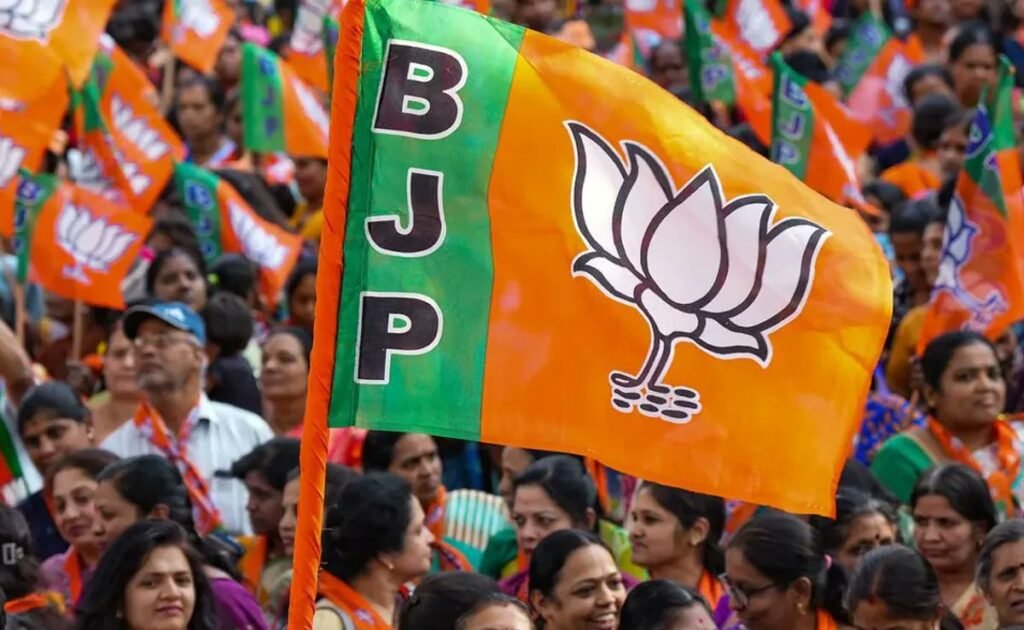New Delhi: Leaving aside the “dark chapter” of the Emergency, in the history of India’s democracy, there can “never be seen any restriction” on the freedom of the press, Union minister Rajnath Singh said on Thursday.
At an event here, the defence minister also said on issues on which there is a “social consensus”, the government’s views can be reflected in the media and the opinions of writers and thinkers, but that does not mean they are “puppets of the government”.
The media is known as the fourth pillar of democracy, Singh said in his address at the NDTV Defence Summit here, adding that it “works as a link” between the government and people, and they both connect.

“Since independence, the executive, the legislature and the judiciary, all three have regularly placed stress on the freedom of the press and maintained the freedom of the media,” he said.
And the result is that there is a “vibrant media culture” in India, Singh added.
In his address, the Union minister also mentioned the period of the Emergency imposed in the 1970s, without naming any political party or leader.
“In the history of democracy of this country, if we set aside the dark chapter of the Emergency, there can never be seen any restriction on the freedom of the press,” he said.

That was the era of the Emergency, when media freedom was “suppressed and trampled upon”, the senior Bharatiya Janata Party (BJP) leader said, without naming anyone or any party.
“Articles were read before being published, headlines were determined from a party’s headquarters. And for opposing the government, journalists were sent to jail also. Not just jail, as I myself have been in jail during the Emergency, (many) journalists were even harassed,” he said.
Singh’s remarks came ahead of the Lok Sabha polls likely to be held in April-May.
“If we leave aside that dark period (of Emergency), then whether our government or governments led by any other party, everyone has maintained the freedom of the press,” he said.

The defence minister said he made this statement because for some time, there have been accusations that a section of the media is “not being impartial” today and is “favouring the government” and talking the “language of the government”.
“I feel all these charges are baseless. Still, I would like to say that the government and the media are institutions, parts of a society,” he added.
On issues on which there is a social consensus, the government’s views are reflected in the media, Singh said.
PTI
